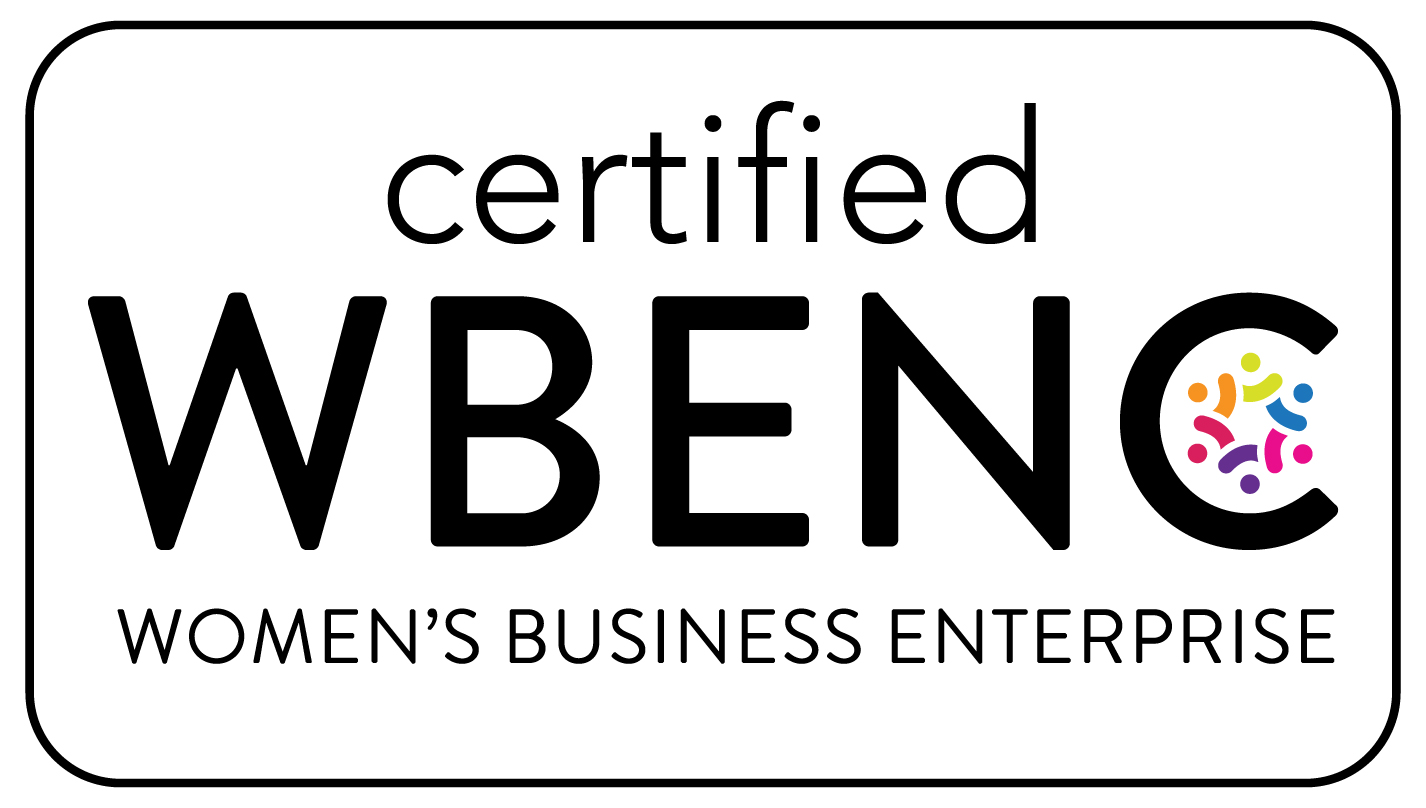You may have recently seen articles and advisory opinions from agencies such as Missouri’s Department of Health and Senior Services (“DHSS”) regarding the concerns over Delta-8 and Delta-9 products entering the Missouri market. Specifically, there is concern over the lack of regulatory oversight and safety testing standards for these products. In this blog we are going to discuss the differences between this “gas station weed” and the regulated and controlled adult-use and medical marijuana you can purchase in a Missouri-licensed dispensary.
Why do we use the term “gas station weed”? Well to put it simply, it is a slang that has been created to define the hemp-derived products that you commonly find behind the counter at gas stations. These products come from hemp-derived cannabinoids which are currently unregulated in Missouri. How do these products avoid the required testing in Missouri? The answer to this question is complicated and nuanced, but to give you a quick insight, under the 2018 Farm Bill, the federal government determined that any products derived from cannabinoids which contain less than 0.3% marijuana-based THC are legal for sale and production throughout the United States. The Farm Bill, in its legalization of hemp and those products derived from hemp, unwittingly created a rapidly growing industry for Delta-8, Delta-9, and many other cannabinoid compounds that can be extracted from the plant.
So, what’s with the uproar and concern over the products? Well, there are quite a few reasons, but we are going to focus on the major concerns.
- As we touched on above, these products are unregulated in Missouri, as well as many other states. In fact, there are only 8 states in the United States that regulate the production and sale of these hemp-derived products. Since these products remain unregulated in Missouri, most of them remain untested for dangerous substances, such as heavy metals. As evidence of this fact, if these products truly contained only 0.3% THC on a dry-weight basis, then why are so many people attracted to their physiological effects? The likely case is that the true percentage or concentration of THC found in the products is much higher, something that would not past the muster of DHSS if testing was required. If you take nothing else away from this article, please remember that it is in your best interest to only use and consume products which have been tested for your health and safety.
- Here in Missouri, DHSS has regulated the packaging you will find sold in all licensed dispensaries. As you may be aware, this caused quite a lot of turmoil within the industry and DHSS at the advent of these packaging rules. While this author agrees that the limitations imposed on the industry are cumbersome and, in many situations, overly broad, it is far better than the alternative we face with gas station weed. Unlike our regulated marijuana, gas station weed has no regulations on its packaging. You can go into a gas station or corner store today and buy a bag of gas station gummies with identical packaging as Sour Patch Kids, Nerds, Peach Rings, and others. The packaging and displays are the same as you would find for the unaltered candy on another shelf in the store. The difference, if any, that you might find is the inclusion of the words “weed” or “high potency” or “THC”, but these are not guaranteed to be found on the packaging as it is not required by law. Unfortunately, there have been numerous poisoning cases surrounding these gas station gummies. In some cases, consumers were exposed to harmful toxins and heavy metals, but in other cases, consumers were unaware they were even consuming cannabinoid infused gummies. If grown adults struggle to easily recognize the differences between regular candy and infused candy, I can assure you that adolescents and teens can fall into the same trap.
Currently, Delta-8 and Delta-9 products available in Missouri at gas stations and even some bars, including a large variety of drinks, can be sold in Missouri because the intoxicating ingredient that targets the same brain receptors as marijuana, is derived from hemp, not marijuana. However, change is on the horizon. Falling in line with 11 other states that have banned these products (including Colorado and New York), Missouri is seeking to enact legislation that would place these products under the same constitutional framework and rules that the marijuana industry in Missouri has been required to abide by since 2018. This would include rules concerning age restriction, labeling and testing requirements, and the requirement that these products only be sold at Missouri-licensed dispensaries. The proposed legislation as received support on both sides of the aisle, but the debate still remains whether the legislation does enough, or too little, to protect the residents of Missouri.












